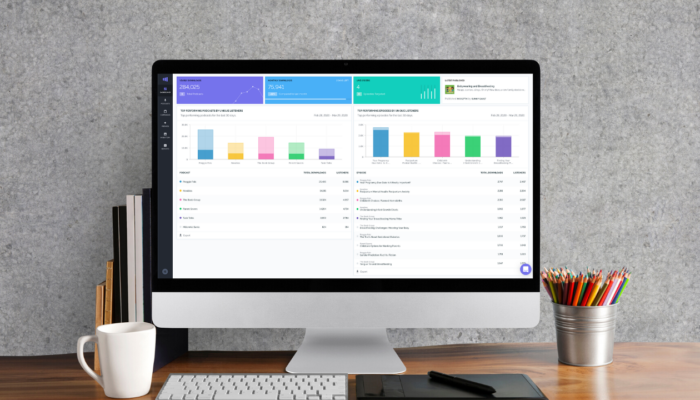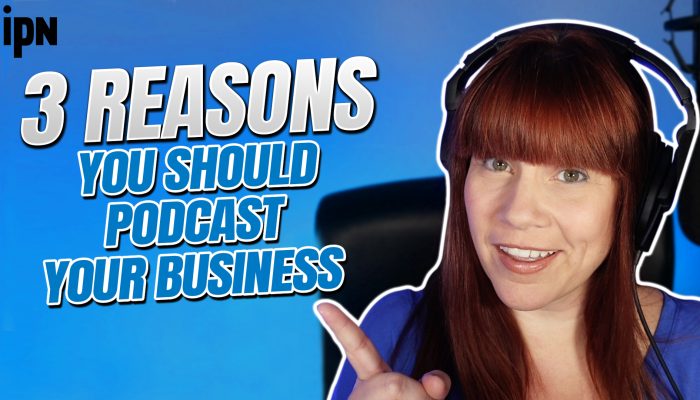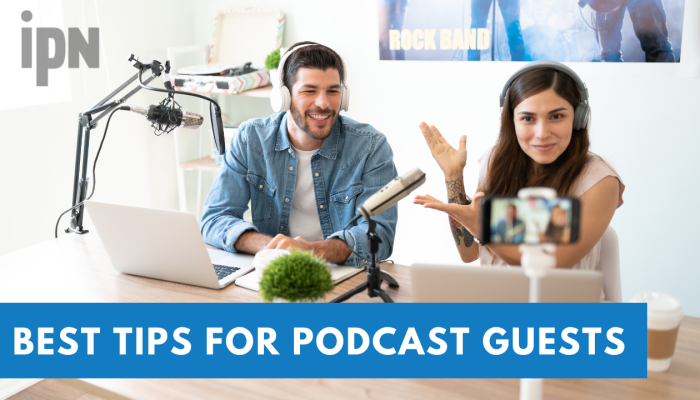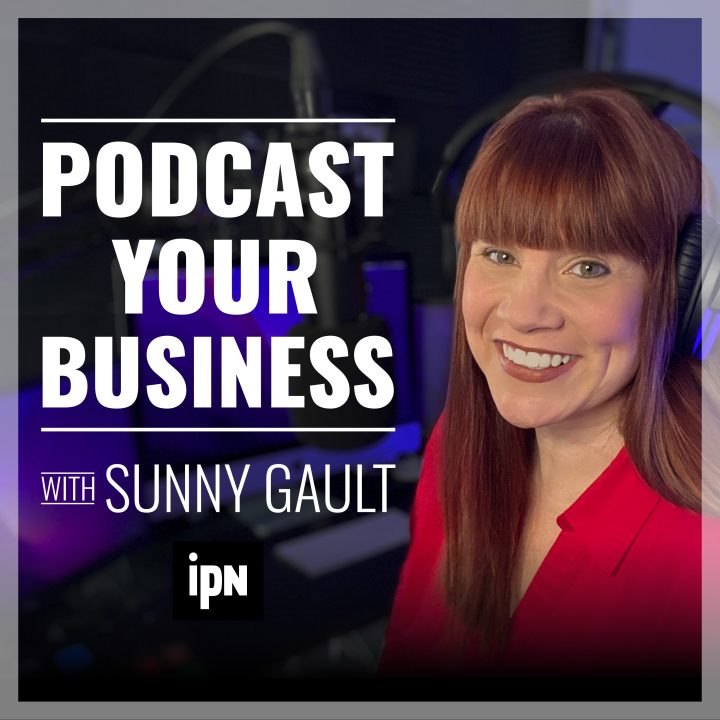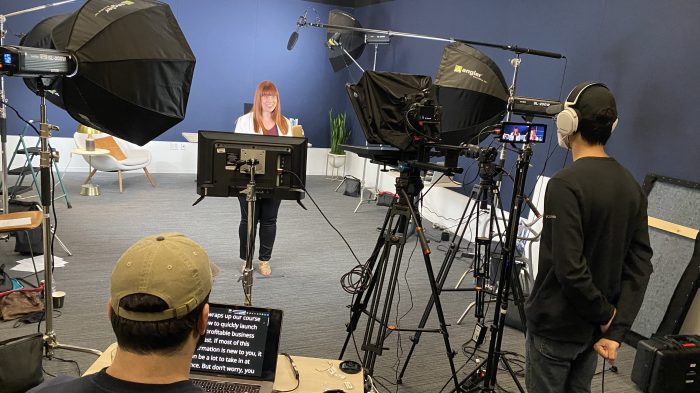
One of the most unique things about podcasting is also one of its biggest challenges: it often feels like a one-way conversation.
You spend hours outlining, recording, and editing your episodes. You publish them, share them on social media, maybe send out a newsletter—then… silence. Unless someone leaves a review or sends a message, it’s tough to know how your content is landing.
That’s exactly why feedback matters.
Feedback turns your podcast from a broadcast into a dialogue. It closes the loop between you and your listeners, giving you insight into what’s working, what could be better, and what your audience wants more of. Without it, you’re mostly guessing—and while gut instincts can take you far, listener input can take you even further.
6 Reasons Feedback is Essential to Growth
If you want to grow your podcast, you need more than just great content—you need to understand how that content is landing with your audience. Here’s how getting feedback can help you grow your podcast:
- You Find Out What’s Actually Working
You might love a certain segment or think a guest was amazing—but your listeners might feel differently. Feedback helps you pinpoint what’s resonating and what’s falling flat. Use listener input to double down on what they love and phase out what’s missing the mark. Your “best guess” becomes a data-backed decision.
- Improve Your Content Over Time
Even the best podcasters have room to grow. Feedback can highlight areas for improvement—like pacing, clarity, audio quality, or even your interview style. Don’t fear constructive criticism. Use it to fine-tune your delivery, structure, and flow. Every piece of feedback is a chance to level up.
- Build a Stronger Relationship With Your Audience
Asking for feedback shows your audience that you value their opinions. That kind of trust and connection turns passive listeners into loyal fans. When people feel heard, they’re more likely to stick around, share your show, and become active members of your community.
- Fuel Content Ideas and Fresh Perspectives
Podcasters often hit creative walls. Your audience is a goldmine of inspiration. They’ll tell you what topics they want more of, what questions they have, or what they’d love to hear next. Let your listeners help shape your content roadmap. It keeps your show relevant and makes them feel like they’re part of the process.
- Make Your Show More Discoverable
Encouraging feedback—especially in the form of reviews or ratings—boosts your visibility on platforms like Apple Podcasts, Spotify, and others. Algorithms love engagement. A simple request like “Leave us a review if you enjoyed this episode” can go a long way. More engagement = more exposure.
- Monetize More Effectively
If you’re looking to monetize your podcast, feedback can help you understand what your audience truly values. That insight is gold when it comes to offering premium content, products, or sponsorships. Want to launch a membership, sell merch, or pitch sponsors? Feedback helps you tailor your offerings to real listener needs—not assumptions.
How to Get Feedback From Your Audience
Now that you know why feedback is so important, let’s talk about the how. The good news? You don’t need a huge team or fancy tools to start collecting valuable input. What you do need is a consistent approach and a willingness to listen. Here are a few key tips to solicit feedback from your audience:
- On-Air Calls to Action (CTAs): One of the simplest (yet most overlooked) ways to gather feedback is to just ask for it—on air. At the end of your episodes, include a clear, specific call to action. Be specific with your ask. Asking “What did you think?” is too broad. Try questions like “Was this episode too long?” or “Do you want more content like this?”
- Use Short Surveys: Surveys are a great way to collect structured feedback. Keep them short—3 to 5 questions max. You can create them with free tools like Google Forms, Typeform, or SurveyMonkey. To encourage responses, offer a small incentive (like a shoutout or giveaway entry).
- Leverage Social Media: Your social channels are goldmines for quick feedback. You can run polls in Instagram Stories or Twitter/X, ask open-ended questions in captions or Facebook posts, and look for feedback sent to your DMs. When someone comments or replies, respond! It shows you’re listening and builds trust.
- Create a Listener Community: Building a private space for your most engaged audience members gives you a direct line to feedback. Whether it’s a Facebook Group, Discord server, or even a Slack channel, use it to spark discussion, test new ideas, and gather feedback in real time.

Common Mistakes Podcasters Make with Feedback
Getting feedback is one thing—using it well is another.
As valuable as audience feedback is, many podcasters either don’t know how to handle it or unintentionally shut it down. If you want to grow your show and strengthen your connection with listeners, it’s just as important to avoid the wrong moves as it is to make the right ones. Here are some of the most common mistakes podcasters make when it comes to receiving feedback:
- Ignoring Feedback Altogether: Let’s start with the big one: not acting on feedback at all. Whether it’s because you’re too busy, unsure how to respond, or just not checking your messages, ignoring your listeners is a missed opportunity.
- Only Listening to Positive Comments: Positive feedback is great, but it won’t help you grow. Many podcasters gravitate toward praise and brush off constructive criticism. That’s a fast track to stagnation.
- Taking Criticism Personally: It’s your podcast. You’ve put in the work. So when someone says something negative, it can sting. But taking it personally—or getting defensive—can create a disconnect between you and your audience.
- Trying to Please Everyone: Not all feedback will align—and that’s okay. Trying to act on every single suggestion will dilute your voice and confuse your audience. Make sure to evaluate the quality of the feedback before acting on it.
Conclusion
No matter where you are in your podcasting journey, feedback gives you the insight, clarity, and connection you need to grow. It helps you create better content, build deeper relationships, and stay aligned with what your listeners truly care about.
And the best part? You don’t have to wait for feedback to find you. You can create systems, ask intentionally, and foster a space where your audience feels heard, valued, and part of the process.
